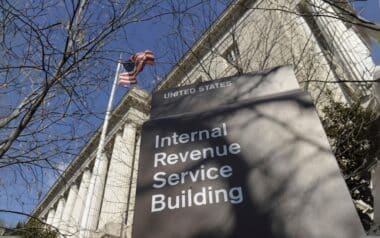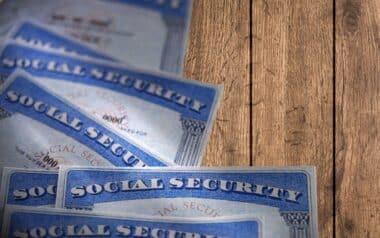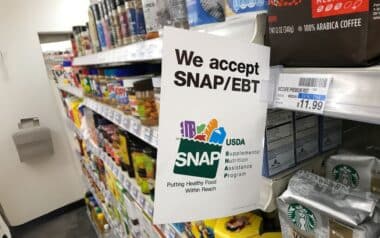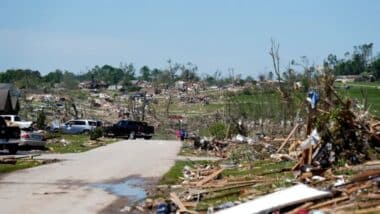Senate Unanimously Approves No Tax on Tips Act, a Major Win for Tipped Workers
The Senate has quickly passed the No Tax on Tips Act with unanimous support, marking a rare bipartisan agreement. This…
Timeline
Join our social media
For even more exclusive content!
Economy

Newsletter





























